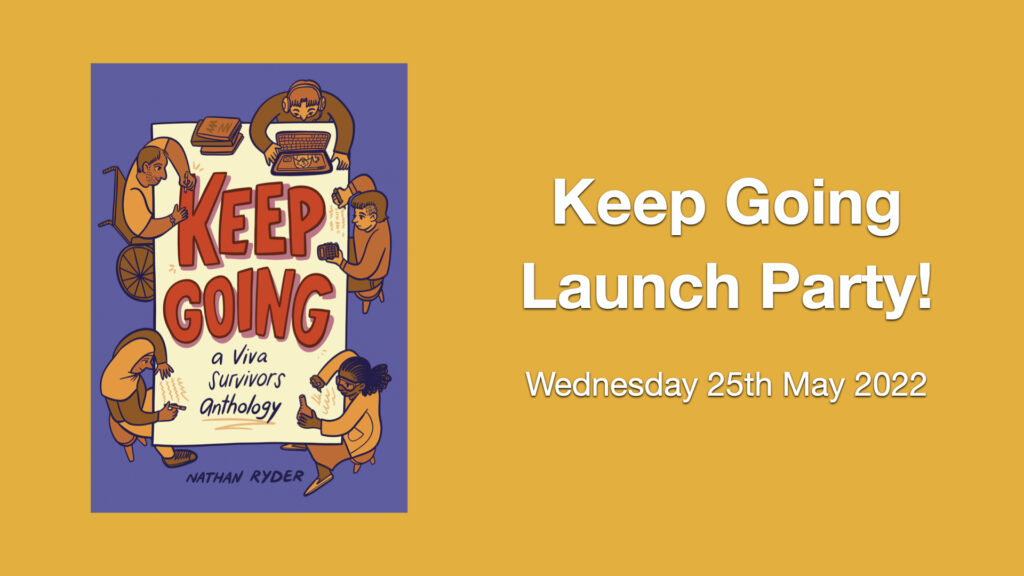If you’re looking to build your confidence, consider the hero moments of your PhD journey.
When did you do something that was extraordinary?
A comic, show or movie featuring superheroes often shows them in day-to-day moments doing something that someone else couldn’t do. We might smile at someone doing a mundane task in a special way, but we cheer when they do something that no-one else could do.
That’s a hero moment. When have you had those during your PhD? You may have built your knowledge and capabilities as a researcher through day-to-day work – that’s essential for your success as a postgraduate researcher. You will also have had times where you did something amazing. Something spectacular. Something that no-one else could do.
When you made a connection.
When you solved an equation.
When you found the solution.
When you wrote something that was wonderful.
When you knew something your supervisor didn’t!
When you presented well in spite of your nervousness.
When you finished your first draft of a paper.
When you finished the first draft of your thesis.
When you looked back and realised how far you had come.
Unlike a superhero movie, sometimes the hero moments of a PhD journey can fade into the background against the day-to-day tasks that you have to complete. Take some time, as you get ready for the viva, to reflect on what you’ve done. Take some time to appreciate that you did the work that has got you this far, the everyday and the heroic, and that that is what will help you through the viva.
You are amazing. You are spectacular.

